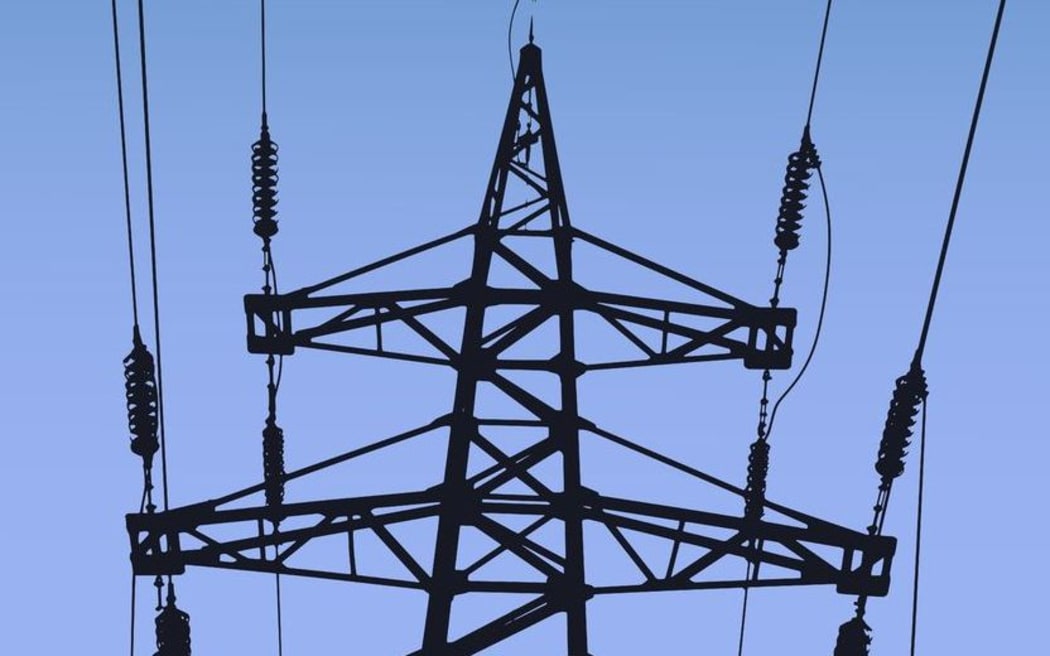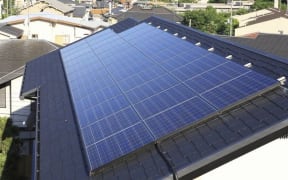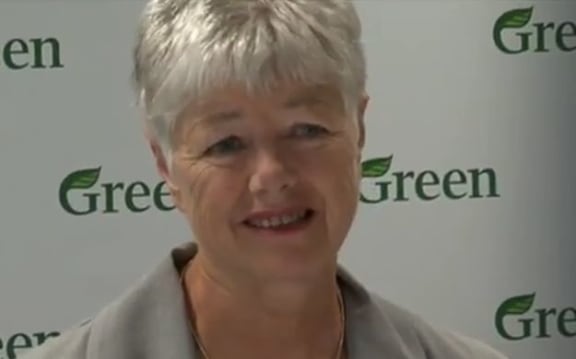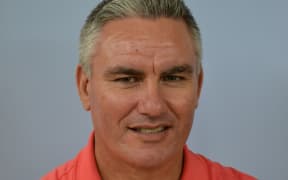Pressure is mounting to reverse a 10-year-old scheme that offers cheap connection charges for low-volume electricity customers.

Photo: 123rf
This amounts to just 15 cents a day in funding for lines companies when they say the real fixed costs of getting electricity into a property are more than $1 a day.
The companies say that dollar is needed for wiring, transpower charges and other things, but does not cover the cost of the electricity itself.
They say the 15 cent payment needs major cross-subsidies from elsewhere, mainly in higher costs for actual electricity.
The cheaper rates were pushed through by the previous Labour-led Government under pressure from the Green Party.
The aim was to encourage electricity conservation by lowering fixed charges to people who do not use much electricity.
The threshold was set at 8000 kilowatt hours a year for most New Zealand households, and 9000 in the colder far south.
But the critics - lines companies such as Northpower and PowerNet - say the scheme is being used by wealthy people with a second home, such as a bach, who do not need this sort of cross subsidy.
High-earning couples without children also benefit, they say, especially if they can afford insulation, solar heating or energy-saving appliances.
They suggest the scheme is also increasing costs for low income people with large families in old, draughty homes, who pay higher prices for their electricity.
Critics add that commercial and industrial users are also cross subsidising upwardly mobile couples.
Solar power users
Chief executive of NorthPower Mark Gatland said there was another problem, when people with money used it to install photo-voltaics (PV) on their rooftop to generate their own electricity.
"These days there are all sorts of options and one of the obvious ones is PV which tends to reduce people's consumption hugely in the summer, but is not of great benefit to the network," he said.

Photo: 123RF
"These people then load up their electricity useage from the network in the middle of winter, and probably use more electricity than the person who has been struggling to pay their power bills all year, and sees a very high marginal cost of putting their heater on on a cold night.
"But the people with PV have not paid for the real cost of the electricity lines they depend on."
Lines company, PowerNet, of Southland and Otago, said over a third of its 70,000 customers were now on the low fixed charge.
PowerNet chief executive Jason Franklin said: "What it is now doing is it is incentivising people to put in place solar panels and other things and they are getting the benefit of that.
"We are also finding that people are going on the tariff that are not eligible to. It is only available to people's primary residence but we have a lot of bach owners and others who are on this tariff.
"The tariff was intended for people who are not getting the benefit and others are."
He said PowerNet was having to undertake expensive inquiries to weed out people who were ineligible.
Fitzsimons defends scheme

Jeanette Fitzsimons Photo: SUPPLIED / greens.org.nz
The scheme's champion, former Green Party co-leader Jeanette Fitzsimons, insisted it had worked.
"The people who have benefitted most from this have probably been pensioners on low incomes who are very low electricity users (and) who have been paying more than half of their power bill just to the lines," she said.
"This means that their costs vary more depending on how much they use."
She disputed the view that low income people with large families in old, draughty homes, were the losers.
Ms Fitzsimons said low income people do not pay more; it is just people using less electricity who pay less, and they are not always wealthy.
The impact of the regulated tariff is currently being considered by the Electricity Authority following a review by the industry's Retail Advisory Group.
However, any reversal of the scheme would have to be undertaken by the Government, not the authority.
Both PowerNet and NorthPower say the scheme should be unwound gradually, not overnight, in order to avoid penalising people who have installed PV in good faith.

Children at Peria School celebrate the installation of solar panels. Photo: RNZ




